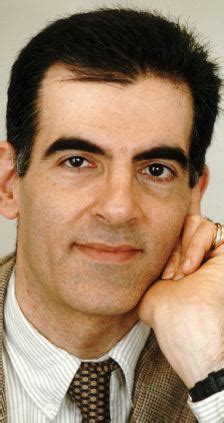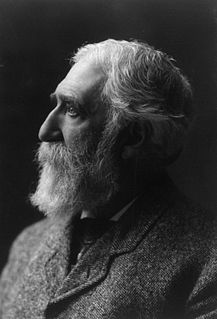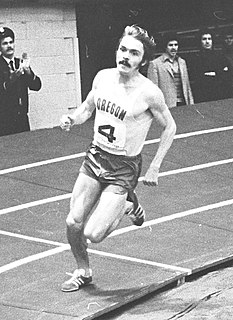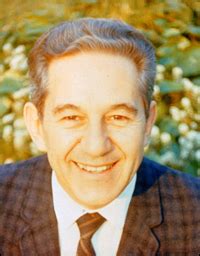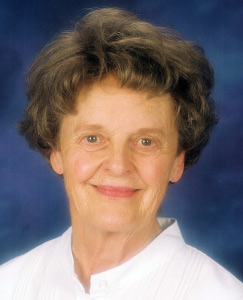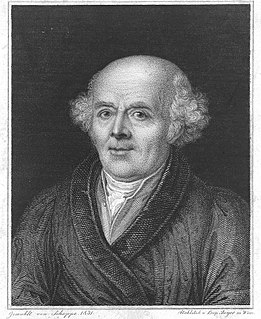A Quote by George Bernard Shaw
To endure the pain of living, we all drug ourselves more or less with gin, with literature, with superstitions, with romance, with idealism, political, sentimental, and moral, with every possible preparation of that universal hashish: imagination.
Related Quotes
I hope that I state your case fairly: One of my great fears is misrepresenting you, even to myself, now that you are not here to set me right. The truth is that you did not believe in idealism. All love was suspect; even a saint's was just differed self-interest. And it was impossible to argue without sounding either sentimental or naive. Cynicism has all the smart words on it's side; idealism uses a nursery school dictionary. And you studied early to disguise your childhood pain. But it is not universal.
There ought not be two histories, one of political and moral action and one of political and moral theorizing, because there were not two pasts, one populated only by actions, the other only by theories. Every action is the bearer and expression of more or less theory-laden beliefs and concepts; every piece of theorizing and every expression of belief is a politcal and moral action.
Political realism is aware of the moral significance of political action. It is also aware of the ineluctable tension between the moral command and the requirements of successful political action. And it is unwilling to gloss over and obliterate that tension and thus to obfuscate both the moral and the political issue by making it appear as though the stark facts of politics were morally more satisfying than they actually are, and the moral law less exacting than it actually is.
The deeper our faith, the more doubt we must endure; the deeper our hope, the more prone we are to despair; the deeper our love, the more pain its loss will bring: these are a few of the paradoxes we must hold as human beings. If we refuse to hold them in the hopes of living without doubt, despair, and pain, we also find ourselves living without faith, hope, and love.
Has Bill Clinton inspired idealism in the young, as he himself was inspired by John F. Kennedy? Or has he actually reduced their idealism? Surely part of the answer lies in Clinton's personal moral lapse with Monica Lewinsky. But more important was his sin of omission - his failure to embrace a moral cause beyond popularity.
LSD should be treated as a sacred drug and receive corresponding preparation, preparation of quite a different kind than other psychotropic agents. It is one kind of thing if you have a pain-relieving substance or some euphoriant and (another to) have an agent that engages the very essence of human beings, their consciousness.
Man is merely a frequent effect, a monstrosity is a rare one, but both are equally natural, equally inevitable, equally part of the universal and general order. And what is strange about that? All creatures are involved in the life of all others, consequently every species... all nature is in a perpetual state of flux. Every animal is more or less a human being, every mineral more or less a plant, every plant more or less an animal... There is nothing clearly defined in nature.
Pain heightens every sense. More powerfully than any drug, it intensifies colors, sounds, sight, feelings. Pain is like a glass wall. It is impossible to climb it, but you must, and, somehow, you do. Then there is an explosion of brilliance and the world is more apparent in its complexity and beauty.
Every effective drug provokes in the human body a sort of disease of its own, and the stronger the drug, the more characteristic, and the more marked and more violent the disease. We should imitate nature, which sometimes cures a chronic affliction with another supervening disease, and prescribe for the illness we wish to cure, especially if chronic, a drug with power to provoke another, artificial disease, as similar as possible, and the former disease will be cured: fight like with like.

